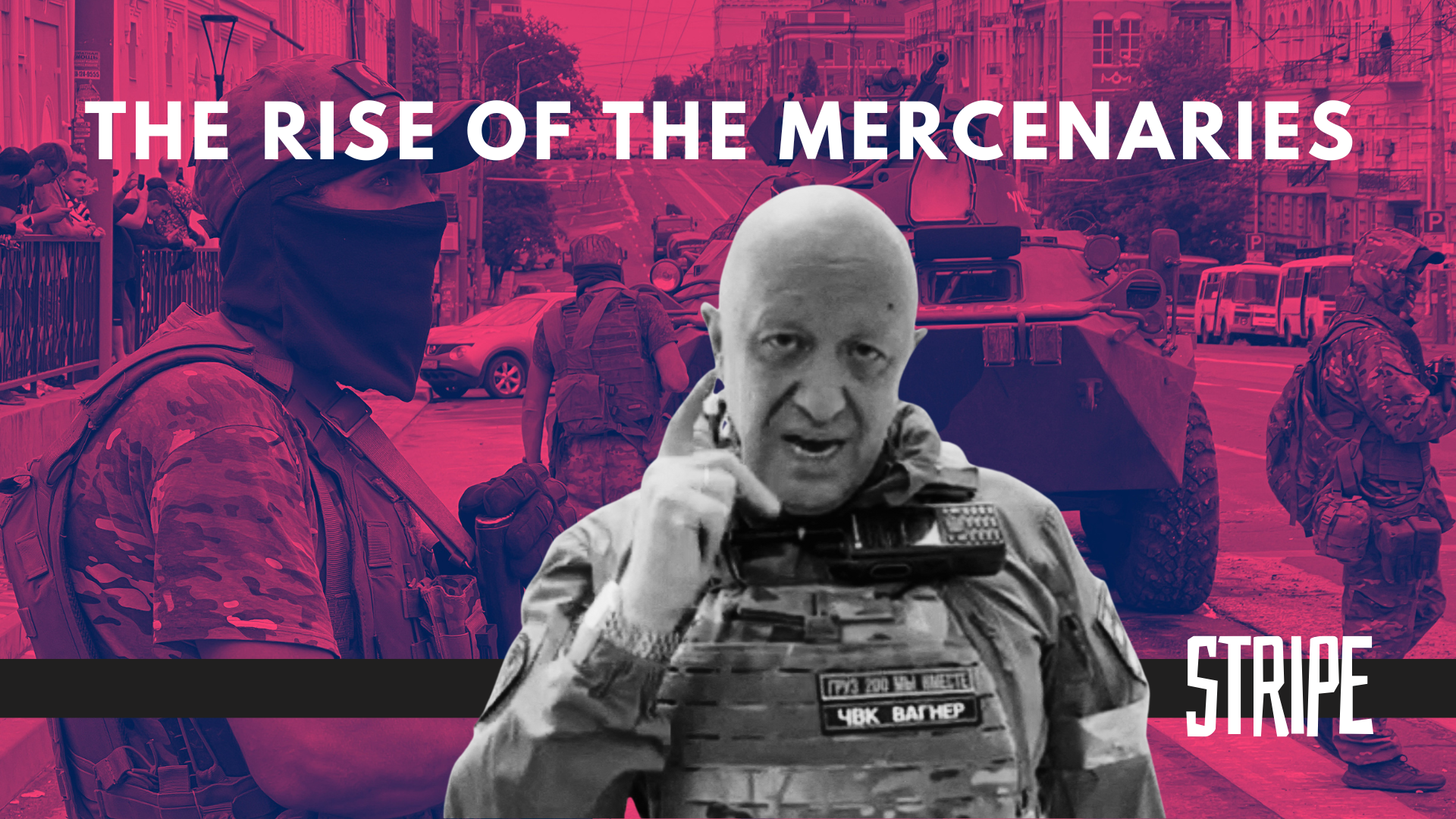Home
+
Though the term 'mercenary' might seem archaic, corporate entities like Blackwater and the state-funded Wagner are still power players

Published : 29 Jun 2023, 07:30 PM
The recent mutiny by the Wagner Group and its leader Yevgeny Viktorovich Prigozhin has thrust the role of mercenaries in armed conflict into the global spotlight.
While the phrase 'mercenary' may seem archaic, these private paramilitary groups have a long and storied history. From the Ten Thousand of Ancient Greece to the free companies of the Middle Ages and modern-day Private Military Companies like Blackwater, mercenaries have consistently played pivotal roles in reshaping the global landscape.
But, as the geopolitical situation worldwide has shifted, so has the way these mercenaries function. Modern mercenary groups employ a corporate structure, operate internationally, and have expanded their services to work such as security, mine clearance, hostage rescue, and even public service. Facilitated by neoliberalism, privatisation has reshaped power structures and transformed security into a lucrative business.

Mercenary work is now a corporate industry, with PMCs at the forefront. The most notorious of these groups is Blackwater, founded by Erik Prince. It gained notoriety during the Iraq War for its support and security for the US government. But states have increasingly relied on private militaries to not only perform traditional security functions, but also to carry out coercive actions that may be too messy for regular security forces. France employs Groupe DCI to train government forces for handling protests, while Professional Protection Alternatives has taken on policing roles in Cape Town.
However, this lack of formal oversight and accountability has also drawn heavy criticism and led to significant controversy. Blackwater's role in the Nisour Square massacre, which resulted in the deaths of 17 Iraqi civilians, is a tragic example that strained US-Iraqi relations. While four employees of the PMC were convicted in a US federal court, they were later pardoned by US President Donald Trump, clearing these 'contractors' of culpability.
Other PMCs like DynCorp International and Cerberus have been accused of training individuals connected to high-profile crimes and engaging in international human trafficking.

Publications like Soldier of Fortune, aimed at these mercenary groups, glorify violence and unethical perspectives on armed conflict, raising concerns about the judgment and decision-making of individuals involved in mercenary work.
The Wagner Group is the perfect storm of all these factors. The state-funded paramilitary organisation was founded by Prigozhin during Russia's annexation of Crimea. It operated as a proxy force for Russia and its allies in various conflicts in Libya, Syria, and Ukraine, giving them additional firepower with a buffer against accountability. The group had over 50,000 fighters in Ukraine alone, filling voids where the Russian military could not directly intervene.

These mercenaries' precarious position came to the fore last week after Prigozhin released a video criticising Russia's invasion. The Wagner Group chief claimed Russian forces had conducted an air strike on his soldiers. The Russian government countered that Prigozhin was attempting a coup. The insurrection threw global politics and the Ukraine war into disarray before a deal brokered by Belarus calmed tensions.
The uneasy relationship between Russia and the Wagner Group is not an isolated incident but a reflection of a broader global phenomenon.
The mercenaries of our history books have transformed into powerful corporate entities with substantial resources at their disposal, and they are not going away any time soon.
The complex and ever-changing nature of the mercenary industry and its relationships with states and wealthy individuals can be challenging to grasp. But we must be wary of the threats posed by these armed corporate groups, their limited accountability, and their ethical implications. As the Wagner Group reminds us, mercenaries can play critical roles in upending global dynamics.
This article is part of Stripe, bdnews24.com's special publication focusing on culture and society from a youth perspective.